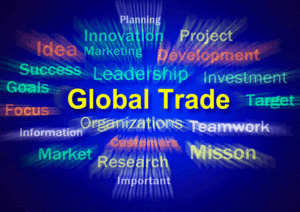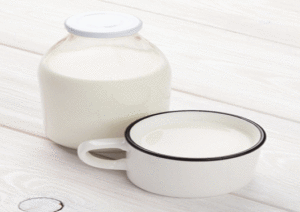ARTICLES
Subscribe to our Daily Newsletter!
Timely, incisive articles delivered directly to your inbox.
Popular Stories
-

Incident at Baltimore Bridge Wasn't First Crash for Dali Container Ship
-

Natural Language Processing Transforms Inventory Management
-
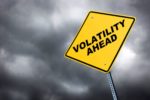
Five Trends That Will Drive Supply Chain Success in 2024
-
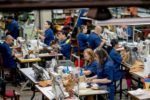
With Suppliers Running at Near-Capacity, Is the ‘COVID Effect’ Finally Fading?
-
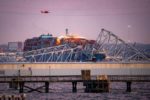
Ford, GM Divert Shipments as Bridge Collapse Upends Supplies

2024 Supply Chain Management Resource Guide: There's Only One Way Off a Burning Platform
VIEW THE LATEST ISSUECase Studies
-

Enhancing High-Value Electronics Shipment Security with Tive's Real-Time Tracking
-

Moving Robots Site-to-Site
-
JLL Finds Perfect Warehouse Location, Leading to $15M Grant for Startup
-
Robots Speed Fulfillment to Help Apparel Company Scale for Growth
-
New Revenue for Cloud-Based TMS that Embeds Orderful’s Modern EDI Platform
